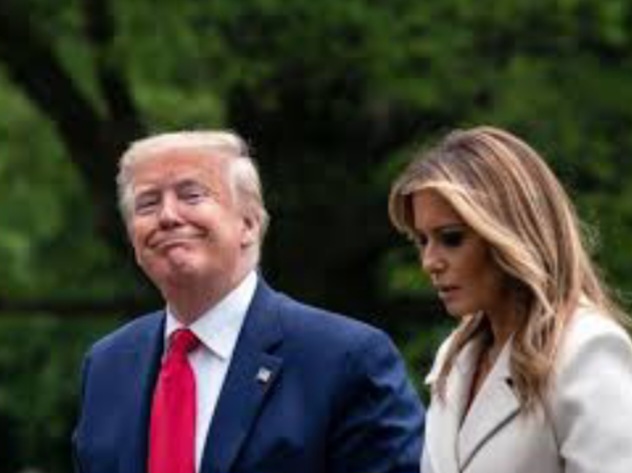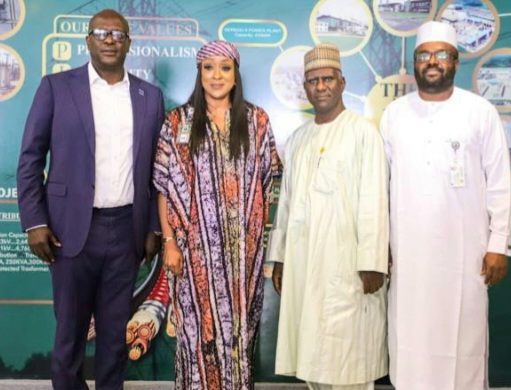Nigerian currency, the naira, has experienced a further decline in the parallel market. Reports from the Idoma Voice on Monday evening reveal that the naira is now being sold at an alarming rate of N820 per dollar in black market.
This depreciation reflects the ongoing challenges facing the Nigerian economy, particularly in the foreign exchange market.
The weakening of the naira against the dollar has significant implications for various sectors of the economy, including import-dependent industries, foreign investors, and the purchasing power of Nigerian citizens.
READ ALSO:
Avoid ASUU Strike During Your Tenure, MSSNLagos Tasks Tinubu
N617 Per Litre: NNPC Hikes Petrol Prices, Queues Resurface
JUST IN: Kyari Takes Over As Acting APC Chairman, Confirms Adamu, Omisore’s Resignation
The continuous fall of the naira in the parallel market underscores the pressure on Nigeria’s foreign exchange reserves and the struggle to maintain stability in the currency market. Factors such as dwindling oil prices, reduced foreign inflows, and limited access to foreign exchange have contributed to the persistent depreciation of the naira.
This situation calls for urgent attention and proactive measures from the Central Bank of Nigeria (CBN) and relevant authorities to address the root causes of the currency’s decline. Steps could include implementing policies to attract foreign investments, diversifying the economy, and improving export competitiveness.
The impact of the naira’s devaluation extends beyond the foreign exchange market. It affects the cost of imported goods, inflation rates, and the overall economic outlook. Therefore, it becomes crucial for policymakers to implement comprehensive strategies aimed at stabilizing the currency and fostering sustainable economic growth.





